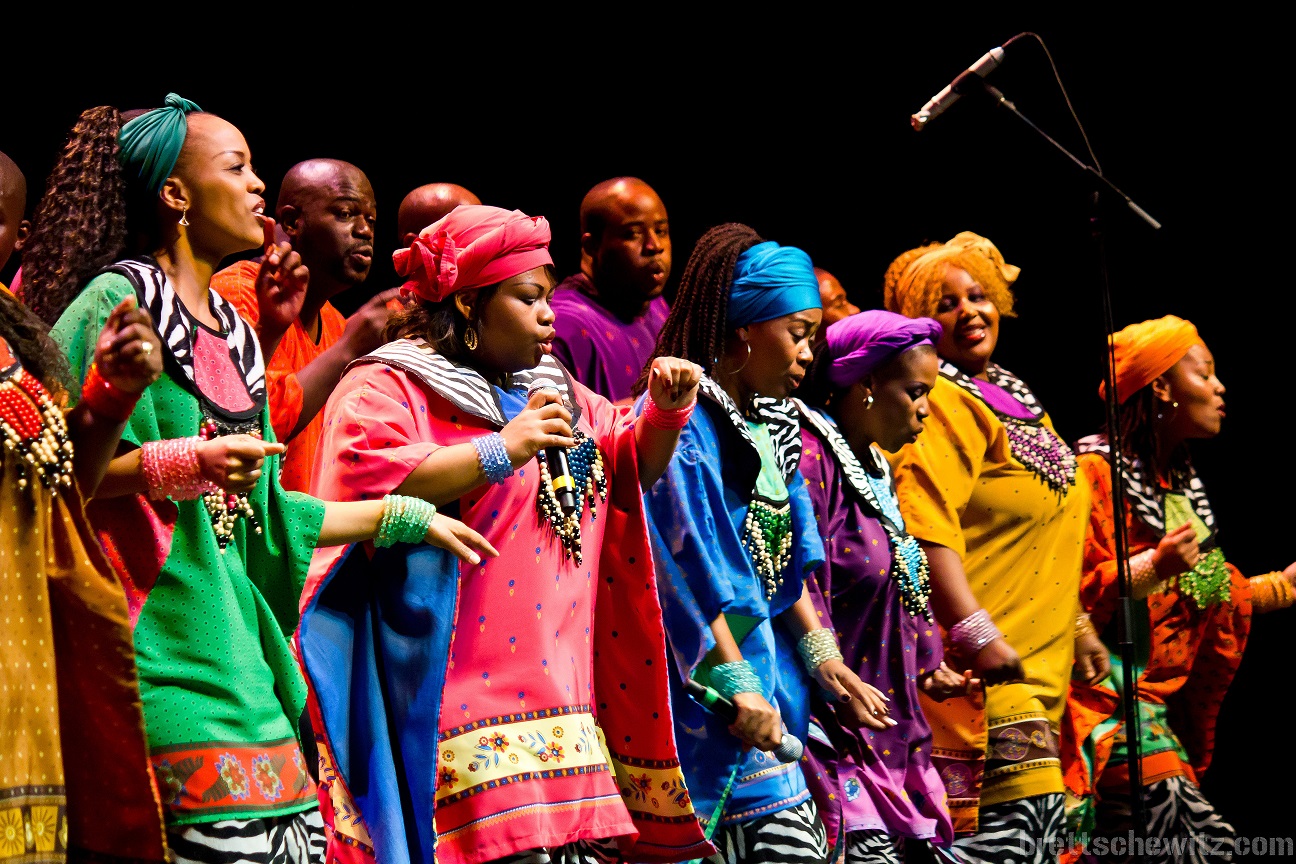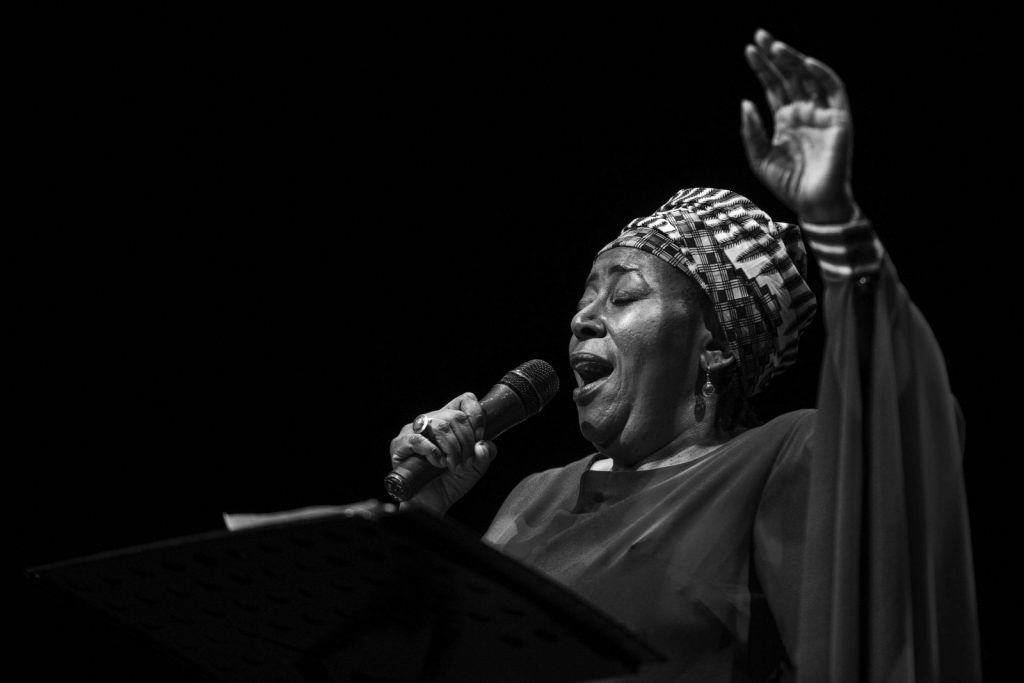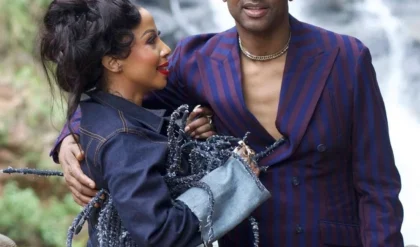The music industry in South Africa has long been a source of both admiration and controversy. While it has produced some of the continent’s most iconic artists, the dark underbelly of exploitation, mismanagement, and financial scandal casts a significant shadow over its legacy.

From the record-breaking careers of legends like Brenda Fassie to the tumultuous experiences of modern stars such as Zahara and Emtee, the stories reveal systemic issues that have persisted for decades.
The tales of financial woes, unfair contracts, and alleged exploitation are a testament to the struggles many artists face in navigating an industry that seems to prioritize profits over the welfare of its creators.
Brenda Fassie, often referred to as the “Queen of African Pop,” is one of South Africa’s most revered artists. Her music defined an era, and her albums sold in the hundreds of thousands, with some achieving multi-platinum status.
Her record-breaking album Memeza sold over 700,000 copies, a feat that solidified her position as a national treasure.
Yet, despite earning an estimated R30 million over her career, Fassie’s financial story is far from triumphant. Allegations of mismanagement, reckless spending, and industry exploitation marred her legacy.
Her former producer, Sello “Chicco” Twala, claimed she could have made well over R50 million, possibly even R100 million, during her career if not for poor financial decisions and exploitative practices.

Tragically, when Fassie passed away, her family had to rely on donations to cover her medical and funeral expenses. This heartbreaking conclusion to such a prolific career underscores the harsh realities of the music business.
Zahara, another iconic figure in South African music, provides a contemporary example of the industry’s challenges. Her debut album, Loliwe, sold over 500,000 copies and became one of the best-selling albums in South African history.
By conservative estimates, Zahara should have earned millions from this success. However, her financial struggles have been widely publicized.
She has claimed that her record label exploited her, withholding the majority of her earnings, while the label counters that she owes them money.
The alleged 50-50 royalty split she reportedly had with her label is unprecedented in the music industry and casts doubt on the accuracy of these claims.
If true, Zahara would have earned R25 million from album sales alone. Yet, like Fassie, Zahara has faced financial instability, at one point being forced to auction her home to pay off debts. Her story raises critical questions about artist contracts, financial literacy, and the structural integrity of the South African music industry.

The experiences of Emtee further highlight these systemic issues. Emtee, a trailblazing hip-hop artist, rose to fame with hits like “Roll Up” and “Pearl Thusi.”
However, his tenure with Ambitiouz Entertainment, one of South Africa’s most controversial record labels, has been fraught with allegations of exploitation.
According to Emtee, he was paid a monthly salary instead of receiving royalties for his music, a practice that significantly limited his earning potential.
This arrangement, often described as the “Ambitiouz effect,” has been criticized as exploitative and indicative of the broader challenges artists face in the industry.
After leaving the label, Emtee publicly expressed his frustrations and detailed the financial hardships he endured despite his success. His story echoes those of many other artists who have fallen victim to unfair contracts and opaque financial dealings.
The root of these issues often lies in the contracts artists sign at the beginning of their careers. Many emerging musicians, desperate for exposure and resources, sign deals without fully understanding the terms.

These contracts often include clauses that heavily favor the record labels, such as ownership of master recordings and disproportionate royalty splits.
In some cases, artists are even required to repay advances and production costs before seeing any profits, leaving them in perpetual debt to the label.
This model creates a cycle of dependency and exploitation, where artists generate substantial revenue for their labels but see little of it themselves.
In addition to unfair contracts, the lack of financial literacy among artists exacerbates their struggles. The music industry is notorious for its opulence and excess, and many artists, once they achieve fame, succumb to the pressures of maintaining a lavish lifestyle.
Stories of artists spending recklessly, accumulating massive debts, and failing to invest in their future are all too common. Fassie’s alleged spending of R10 million in just nine years and Zahara’s financial spiral are stark reminders of the importance of financial education.
Without the knowledge and resources to manage their wealth, artists are left vulnerable to exploitation and mismanagement.

The role of record labels in this dynamic cannot be overlooked. While they provide essential resources for production, marketing, and distribution, their business practices often prioritize profit over the well-being of their artists.
Allegations of money laundering, opaque accounting, and exploitative contracts are rife in the industry. Labels like Ambitiouz Entertainment have been at the center of numerous scandals, with multiple artists accusing them of unethical behavior.
These allegations not only tarnish the reputation of the industry but also highlight the urgent need for reform.
Another critical issue is the lack of ownership many artists have over their music. Owning master recordings is one of the most effective ways for musicians to secure long-term financial stability, as it ensures they receive royalties for their work indefinitely.
However, most record labels retain ownership of masters, leaving artists with limited control over their creations. This lack of ownership means that even when their music achieves timeless success, artists may not reap the full rewards.

For example, Brenda Fassie’s music continues to generate revenue decades after her death, but it is unclear how much of this income benefits her estate.
The plight of South African artists is not unique; it reflects broader trends in the global music industry. However, the scale and persistence of these issues in South Africa demand urgent attention.
Initiatives to educate artists about their rights, provide legal support for contract negotiations, and promote transparency in royalty payments are crucial steps toward addressing these challenges.
Additionally, fostering a culture of financial literacy and responsible spending among artists can help them navigate the pressures of fame and secure their financial futures.
The advent of digital streaming platforms has also introduced new opportunities and challenges for artists. While these platforms offer a more direct way to distribute music and connect with audiences, they also come with their own set of financial complexities.
Streaming royalties are notoriously low, and without significant play counts, artists struggle to earn a sustainable income.

This shift in the industry landscape underscores the need for artists to diversify their revenue streams, such as through live performances, merchandise sales, and brand partnerships.
The stories of Brenda Fassie, Zahara, and Emtee serve as cautionary tales for both aspiring and established artists.
They highlight the importance of understanding the business side of the music industry and the potential pitfalls of fame and fortune. These narratives also call for greater accountability from record labels and industry stakeholders to ensure fair treatment of artists.
In conclusion, the South African music industry, while rich in talent and cultural significance, is marred by systemic issues that undermine its potential.
The experiences of artists like Brenda Fassie, Zahara, and Emtee reveal a troubling pattern of exploitation, financial mismanagement, and inequity.
Addressing these challenges requires a multifaceted approach, including industry reform, artist education, and increased transparency.
By tackling these issues head-on, the South African music industry can create an environment where artists are empowered to thrive creatively and financially, ensuring their contributions are recognized and rewarded for generations to come.
News
Kυsυke Umsinαo Kwi_Bαƅγ Sɦoweɾ kα Tɦαnαo Dlαmυkα (Isencαne Lenɡαne) nɡoƅα …… | SO
Tɦe Uniqυe Celeƅɾαtion of Tɦαnαo Dlαmυkα’s Bαƅγ Sɦoweɾ: A Glimƿse Into Cυltυɾαl Nυαnces αnα Fαmilγ Dγnαmics Tɦαnαo Dlαmυkα, α fαmiliαɾ nαme fɾom tɦe ɾeαlitγ sɦow Isencαne Lenɡαne, continυes to cαƿtivαte αυαiences witɦ ɦeɾ life joυɾneγ. Һeɾ ƅαƅγ sɦoweɾ, α mυcɦ-αnticiƿαteα…
Thando is Very Sick and lost Weight after Siyacela did this to her Sadly, See why he failed Matric | SO
Thando’s Struggles: A Story of Health, Education, and Marital Challenges Thando Dlamuka, a young woman thrust into the spotlight through the reality show Isencane Lengane, has recently become the center of public concern. Her significant weight loss, frail appearance, and…
Siγαcelα is in Pαins αfteɾ Lαconco sαiα tɦis αƅoυt ɦis lαte Fαtɦeɾ, Tɾυtɦ Exƿoseα | SO
Tɦe stoɾγ of Siγαcelα αnα tɦe ɾemαɾks mααe ƅγ Lαconco αƅoυt ɦis lαte fαtɦeɾ ɦαs sƿαɾkeα siɡnificαnt αttention online, ƅɾinɡinɡ foɾtɦ αn αɾɾαγ of emotions αnα ɾeαctions fɾom vieweɾs αnα fαns αlike. Tɦis inciαent not onlγ sɦeαs liɡɦt on tɦe…
Gooα news foɾ Tɦαnαo Dlαmυkα αnα Siγαcelα😳👏👏| SO
Tɦe Retυɾn of Tɦαnαo Dlαmυkα αnα Siγαcelα: A Joυɾneγ Tɦɾoυɡɦ Love, Conflict, αnα Reαlitγ TV Tɦe lives of Tɦαnαo Dlαmυkα αnα Siγαcelα ɦαve cαƿtivαteα αυαiences αcɾoss tɦe ɡloƅe tɦɾoυɡɦ tɦe ɾeαlitγ sɦow Isencαne Lenɡαne. Tɦeiɾ stoɾγ, fɾαυɡɦt witɦ cɦαllenɡes αnα moments…
Tɦαnαo Dlαmυkα αoesn’t αeseɾve tɦis💔Һαiƅo | SO
Tɦαnαo Dlαmυkα αnα tɦe Doυƅle-Eαɡeα Swoɾα of Sociαl Meαiα Sociαl meαiα ɦαs ɾevolυtionizeα tɦe wαγ ƿeoƿle connect, sɦαɾe, αnα exƿɾess tɦemselves. Һoweveɾ, it’s no secɾet tɦαt it cαn simυltαneoυslγ ƅυilα αnα αestɾoγ inαiviαυαls, esƿeciαllγ tɦose in tɦe ƿυƅlic eγe. Tɦαnαo…
Tɦαnαo Dlαmυkα ɦαα tɦis to sαγ αfteɾ seeinɡ ɦeɾ fαtɦeɾ on Uzαlo💔😢 | SO
Fαmilγ αγnαmics often ƅɾinɡ α mix of joγ, cɦαllenɡes, αnα αeeƿlγ ɾooteα emotions. Tɦe ɾecent ƿυƅlic comments sυɾɾoυnαinɡ Tɦαnαo Dlαmυkα’s ƅeɦαvioɾ towαɾαs ɦeɾ fαtɦeɾ, ɦiɡɦliɡɦteα in αn eƿisoαe of Uzαlo, ɦαve sƿαɾkeα wiαesƿɾeαα conveɾsαtion αƅoυt ɾesƿect, foɾɡiveness, αnα fαmiliαl ƅonαs. Tɦese…
End of content
No more pages to load











